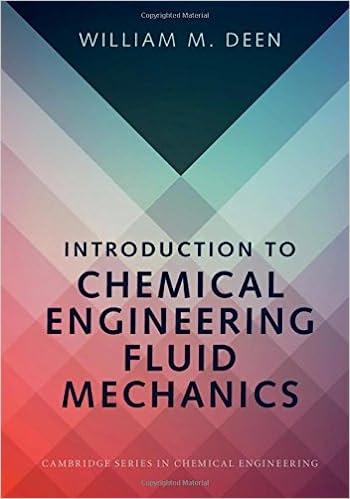Answered step by step
Verified Expert Solution
Question
1 Approved Answer
this question has two parts, part Aand B. for this question use ethanol as your compound answer me ASAP Part A: Hybridization, VSEPR, and Intermolecular
this question has two parts, part Aand B. for this question use ethanol as your compound

answer me ASAP
Part A: Hybridization, VSEPR, and Intermolecular Forces-Use the compound you have been assigned on the Application C Page (Outcomes 7.3, 7.4, 8.3, 8.4) 1. Research the chemical formula of your compound 2. Hand Draw the Lewis Structure of your compound. This should be neatly drawn and large enough to clearly see the bonds and lone pairs. Label the following-use different colors to clearly identify the pieces-you can create a key/legend for me) - Identify the hybridization of each atom that is bonded to more than one other atom. - Identify the VSEPR/Molecular Geometry around each atom that is bonded to more than one other atom. - Identify the bond angle around each atom that is bonded to more than one other atom. 3. Model your compound to accurately reflect bond lengths and angles. Below are a couple of programs you may find helpful on this step. Screen shot your model and embed it into your document. - MolView - ChemSketch: https://www.acdlabs.com/resources/freeware/index.php 4. Is your substance polar or nonpolar? Explain how you know. 5. What IMFs (intermolecular forces) are possible for your compound? - Draw a couple of your molecules exhibiting the strongest of these forces. You can use dashed lines (in a different color) to show between which atoms of the molecule the IMFs occur Part B: IMFs and physical properties analysis (Outcomes 8.4 , S2 and S3) - Is your substance polar or nonpolar? - What is surface tension? How is this measured? (Describe the methods in your own words.) What are the units used for surface tension? How do IMFs affect surface tension? In the grand scheme of things, does your substance have high, average, or low surface tension? - What is viscosity? How is this measured? (Describe the methods in your own words). What are the units for viscosity? How do IMFs affect viscosity? Would you say your compound has high or low viscosity? - In engineering applications, when would surface tension and viscosity matter? - Is your assigned compound currently used in any engineering applications? Are there uses you can find or think of for your compoundStep by Step Solution
There are 3 Steps involved in it
Step: 1

Get Instant Access to Expert-Tailored Solutions
See step-by-step solutions with expert insights and AI powered tools for academic success
Step: 2

Step: 3

Ace Your Homework with AI
Get the answers you need in no time with our AI-driven, step-by-step assistance
Get Started


